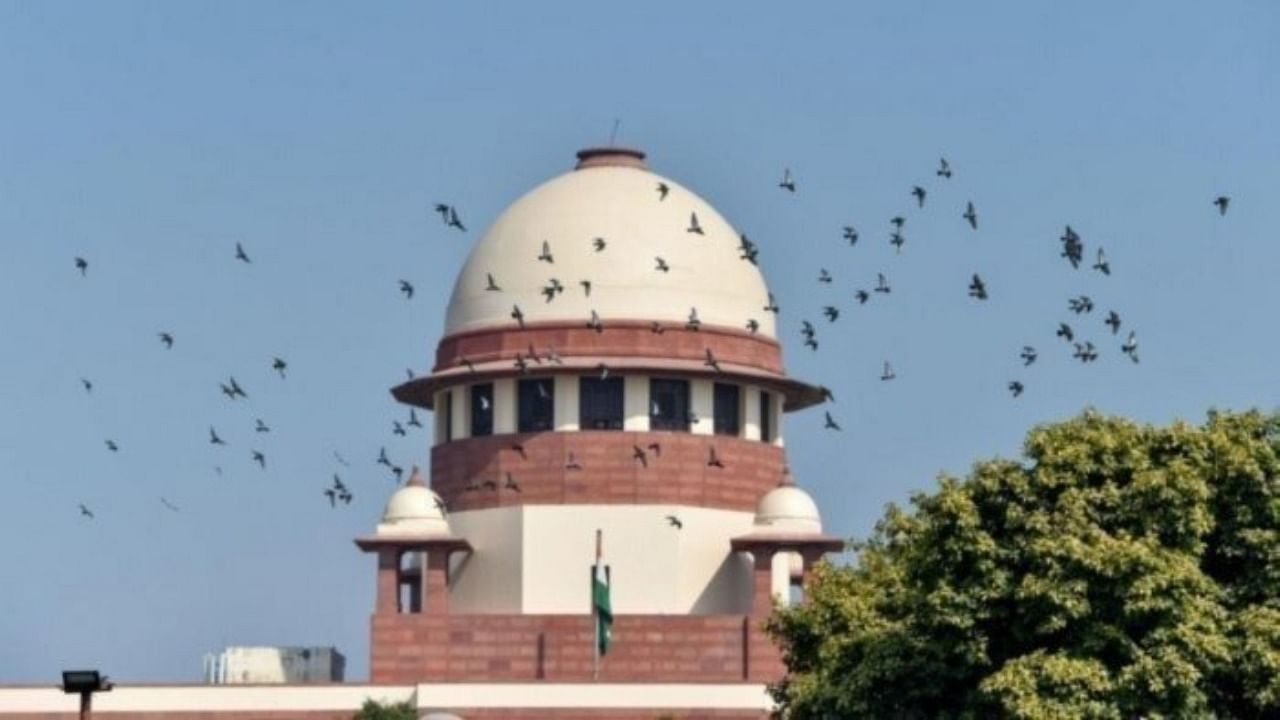
The Supreme Court on Thursday declared that compassionate appointment to a man cannot be denied on the ground of being son of the second wife of a deceased employee as it would violate fundamental rights of the applicant and go against the dignity of his family.
A three-judge bench presided over by Justice U U Lalit said a policy denying such an appointment would be discriminatory and violative of Article 16(2) of the Constitution.
The court said the policy cannot discriminate against a person only on the ground of descent by classifying children of the deceased employee as legitimate and illegitimate and recognising only the right of 'legitimate descendant'.
"The scheme and the rules of compassionate appointment cannot violate the mandate of Article 14 of the Constitution. Once Section 16 of the Hindu Marriage Act regards a child born from a marriage entered into while the earlier marriage is subsisting to be legitimate, it would violate Article 14 if the policy or rule excludes such a child from seeking the benefit of compassionate appointment," the court said.
The bench, also comprising Justices S Ravindra Bhat and P S Narasimha, allowed an appeal filed by Mukesh Kumar against the Patna High Court's judgement which had rejected his claim for compassionate appointment in Railways for being son of the second wife of deceased Jagdish Harijan.
The bench relied upon a previous judgement in the case of Union of India Vs V K Tripathi (2019) wherein it was held that a child of a second wife of an employee could not be denied compassionate appointment on that ground alone.
Justice Narasimha, who authored the judgement, said the circular created two categories between one class, and it has no nexus to the objects sought to be achieved.
"Once the law has deemed them (children born out of second marriage) legitimate, it would be impermissible to exclude them from being considered under the policy. Exclusion of one class of legitimate children would fail to meet the test of nexus with the object, and it would defeat the purpose of ensuring the dignity of the family of the deceased employee," the court said.
The court also pointed out the compassionate appointment is an exception to the constitutional guarantee under Article 16, so a policy for compassionate appointment must be consistent with the mandate of Articles 14 and 16 of the Constitution.
"That is to say, a policy for compassionate appointment, which has the force of law, must not discriminate on any of the grounds mentioned in Article 16(2), including that of descent. In this regard, ‘descent’ must be understood to encompass the familial origins of a person. Familial origins include the validity of the marriage of the parents of a claimant of compassionate appointment and the claimant’s legitimacy as their child," it said.
Watch the latest DH videos:
